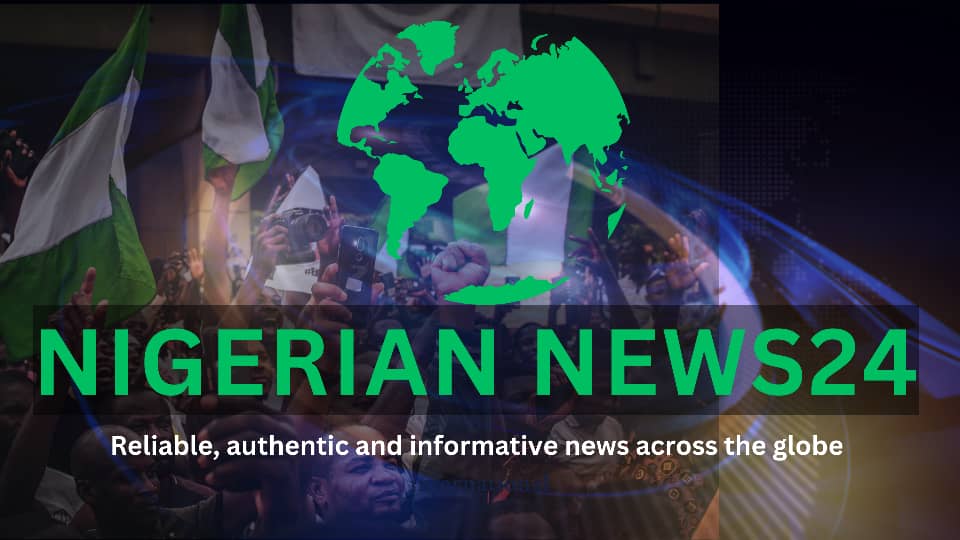By Nigerian News24 staff
Mozambique’s security forces carried out a violent three-month crackdown on protesters following last year’s national elections, resulting in hundreds of deaths and thousands of injuries, Amnesty International said Wednesday.
In a new report, Amnesty urged the Mozambican government to launch an independent investigation into the alleged abuses and hold those responsible accountable. Citing local activists and civil society groups, the rights organization reported that over 300 people were killed and more than 3,000 injured between October and January.
The unrest erupted after the October 9 presidential and parliamentary elections, which saw Daniel Chapo of the ruling Frelimo party declared the winner. The results were contested amid widespread allegations of vote-rigging by opposition candidates and international observers.
Protesters rallied in support of Venancio Mondlane, an independent presidential candidate backed by the opposition Podemos party. Tensions escalated after the October 18 assassination of Mondlane’s lawyer and a Podemos official, who were shot dead in their car in the capital, Maputo. Mondlane called the killings a political hit and launched a 25-day protest campaign — one day for each bullet fired.
Amnesty’s report, based on interviews with victims, eyewitnesses, and medical personnel, claims that police and military forces used live ammunition, rubber bullets, and tear gas against largely peaceful demonstrators and bystanders. The Mozambican civil society group Plataforma DECIDE reported 315 protest-related deaths between October 21 and January 16, far surpassing the official count of 96 deaths, which included 17 police officers.
“Police unlawfully used firearms and less-lethal weapons, killing and injuring protesters and bystanders,” Amnesty said. “The army also used force recklessly and unlawfully.”
Mass arrests were also reported, with over 4,000 people detained — many arbitrarily — including minors. Amnesty further alleged that authorities restricted access to social media platforms such as Facebook, Instagram, and WhatsApp at critical moments during the protests.
Chapo was sworn in as president in January and met with Mondlane in March in an attempt to mediate tensions, promising an investigation into the violence. Frelimo has governed Mozambique since independence in 1975 and has long faced accusations of manipulating elections. European Union observers said last year’s vote was marked by vote tampering, ballot stuffing, and the invalidation of opposition ballots.
Mozambique’s political landscape has been shaped by a 15-year civil war between Frelimo and the former rebel group Renamo, which ended in 1992. Mondlane, a former Renamo member, posed one of the most significant recent challenges to Frelimo’s rule.
Although the protests have subsided, violence continues. This week, Mondlane visited Quelimane, where his campaign organizer, Joel Amaral, was shot three times — including once in the head — by unidentified gunmen on Sunday. Amaral remains hospitalized in critical condition.




